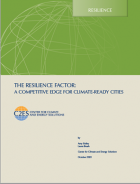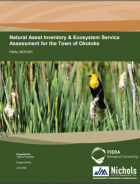Alberta Institute of Agrologists 13th Annual Conference on Agriculture, Food and the Environment
Morning Plenary Session
March 16, 2017
David Hughes, an earth scientist with 32 years with the Geological Survey of Canada and a team leader with Unconventional Gas on the Canadian Gas Potential Committee provides a reality check that reveals several major problems, both in the stewardship of finite non-renewable resources by provincial and federal governments, and in the environmental implications of large-scale development.
Canada signed on to the Paris Agreement committing to a 30% reduction in greenhouse gas emissions from 2005 levels by 2030. The question is how? On a per capita basis, Canadians consume 5.3 times the world average in energy and emit 3.6 times the world average in emissions. Alberta’s Premier Notley announced a “climate plan” that will allow a 40% expansion of oil sands production over 2015 levels, making them nearly 20% of Canadian emissions under the 2030 Paris Agreement target. The Trudeau government has also approved two LNG export terminals in BC that will add a further 3% to Canadian emissions in 2030. These will necessitate a 50% contraction in emissions from the rest of the economy, in just 13 years, to meet the Paris Agreement commitments.
Current policies to expedite the liquidation of remaining non-renewable energy resources at rock-bottom prices to benefit the government of the day will compromise Canada’s ability to meet its climate change commitments and the energy security of future generations.





